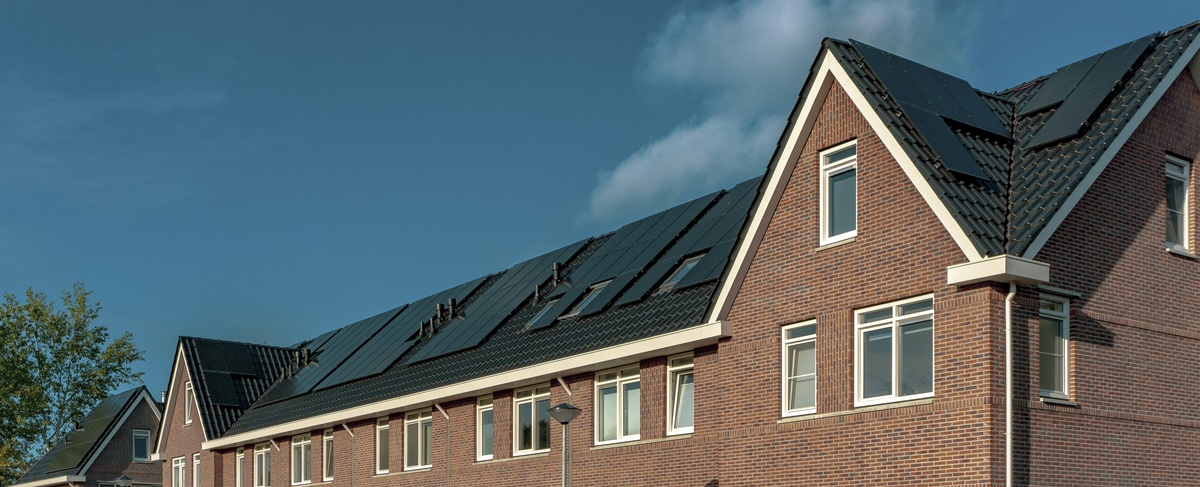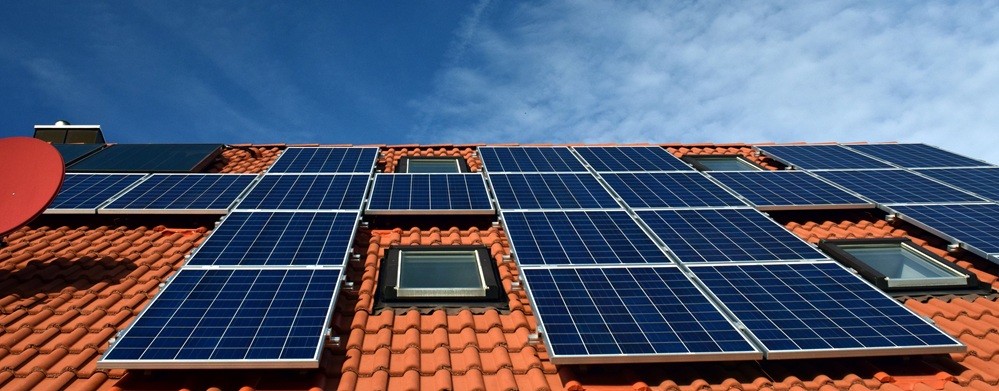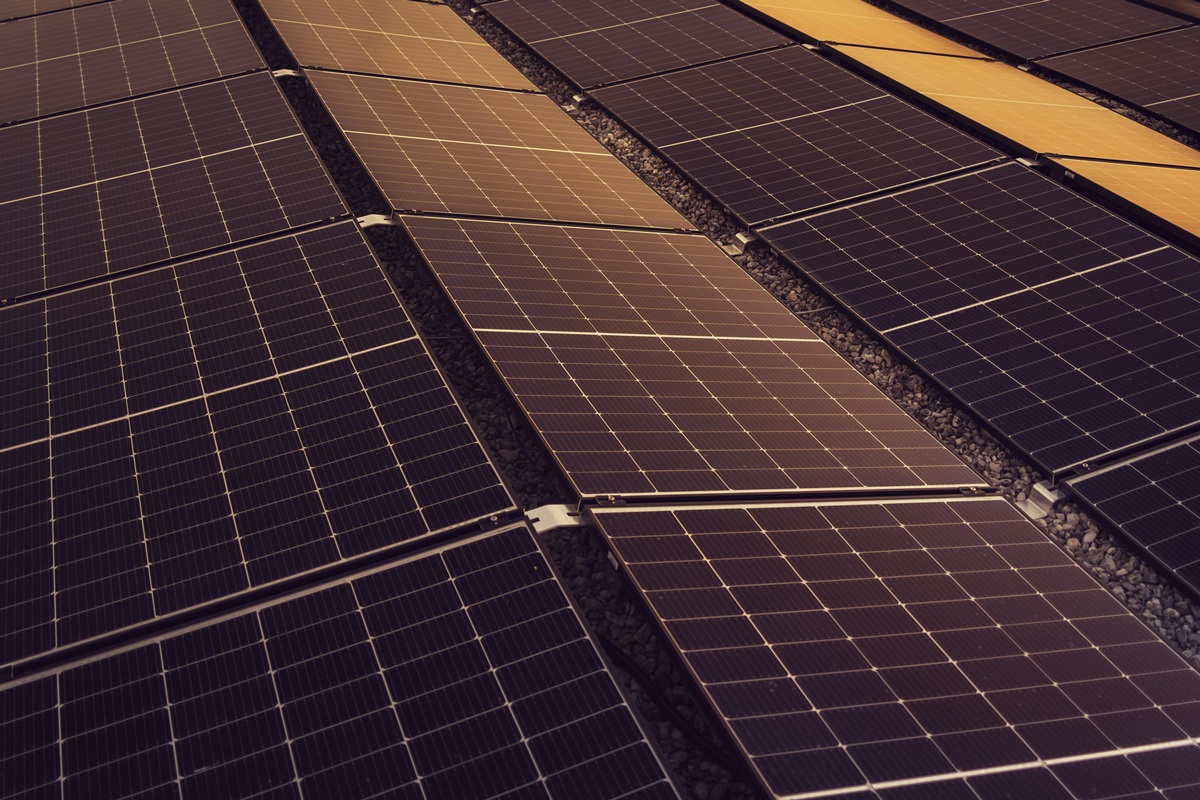What Is a Solar PV System and How Does It Work? (UK Guide 2025)
- Introduction: Why Solar Is Booming in the UK
The UK solar market is rapidly expanding in 2025, driven by increasing electricity costs, advances in technology, and a growing focus on sustainability. Before investing in solar panels, it’s essential to understand what a solar PV (photovoltaic) system actually is – and how it operates. This guide provides a clear explanation of the system, especially for homeowners and businesses in the UK.

- What Is a Solar PV System?
A solar photovoltaic (PV) system is a clean energy solution that converts sunlight into usable electricity. While people often associate solar power with just the panels on the roof, the complete system includes several components that work together to produce and manage energy. Solar PV systems generate electricity for everyday use and are suitable for both residential and commercial properties.
- Main Components of a Solar PV System
A standard UK home solar system typically includes the following elements:
- Solar Panels: These capture daylight and convert it into direct current (DC) electricity.
- Inverter: Converts DC electricity into alternating current (AC), used in UK homes.
- Generation Meter: Measures how much electricity the system generates. Needed for export payments.
- Battery Storage (optional): Stores excess electricity for use during evenings or cloudy periods.
- Mounting System: Secures the panels on the roof.
- Monitoring System: Allows performance tracking via an app or online dashboard.
- How Does a Solar PV System Work?
Here’s a simplified overview of how a solar PV system functions:
- Solar panels absorb sunlight and generate DC electricity.
- The inverter converts DC into AC electricity.
- Your home uses the AC electricity to power lights and appliances.
- Any unused electricity is stored in a battery (if installed) or sent to the national grid.
- When the system isn’t producing enough energy, your home draws from the grid automatically.
This seamless process ensures you’re always powered, while making use of clean, renewable energy.

- Do Solar Panels Work in the UK?
Yes – solar panels work efficiently across the UK. Solar PV systems operate on daylight rather than heat, meaning they still generate power on overcast or rainy days. While production is higher in summer, UK homes can benefit from solar throughout the year. Countries like Germany, which has a similar climate, have already proven the effectiveness of solar PV systems in northern Europe.
- Battery Storage and Smart Export Guarantee (SEG)
Battery storage is increasingly popular in 2025, allowing homeowners to store surplus energy for use during the night or at times of low solar generation. This enhances self-sufficiency and reduces grid dependency.
In addition, the Smart Export Guarantee (SEG) allows you to earn money by exporting unused electricity back to the grid. This program is backed by the UK government and available through most energy suppliers.
- Is Your Home Suitable for Solar?
Most homes in the UK are suitable for solar PV installation. Key factors include:
- Roof Orientation: South-facing roofs offer optimal performance. East or west-facing can also work well.
- Roof Size: A typical 3-4 kW system needs at least 15 m² of space.
- Shading: Minimal shading ensures higher efficiency.
- Roof Condition: A structurally sound roof is required for safe installation.
A professional installer can assess your property and recommend the best system size and layout.
- Final Thoughts
A solar PV system is a reliable way to generate clean electricity and reduce your reliance on the grid. It works efficiently in the UK, even in cloudy conditions, and is backed by modern technology that simplifies monitoring
and maintenance.
As the transition to renewable energy continues, solar power remains a smart and sustainable choice for 2025 and beyond.

Comments are closed